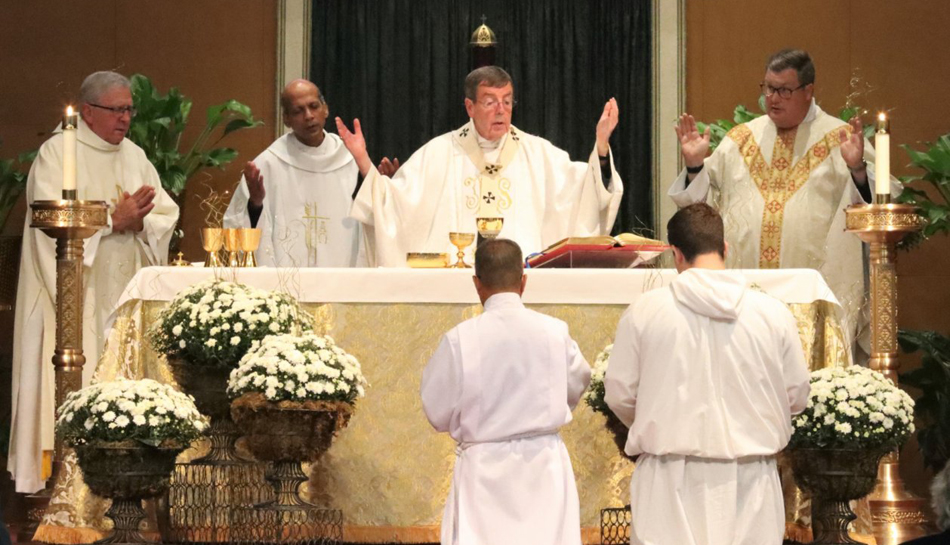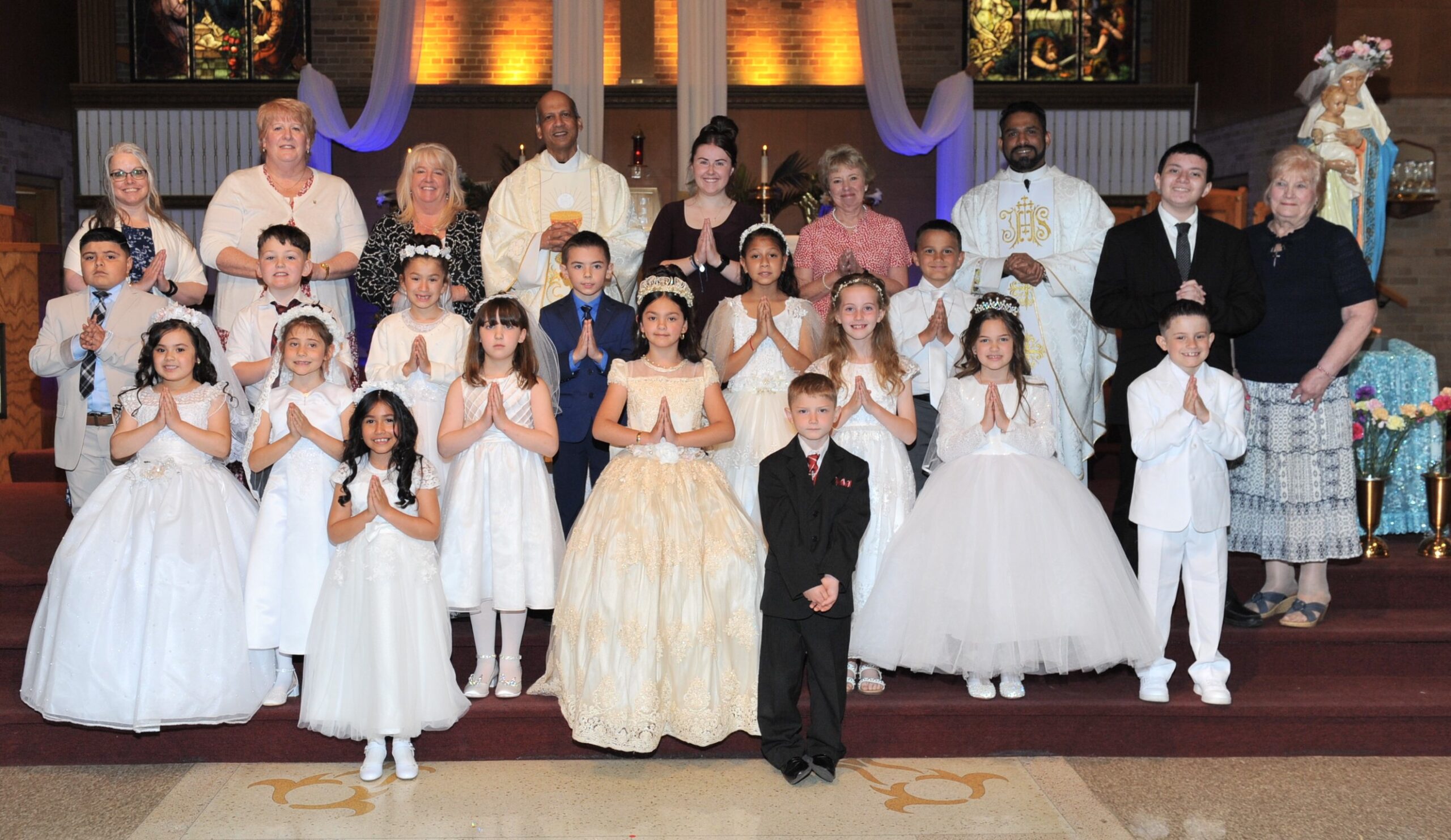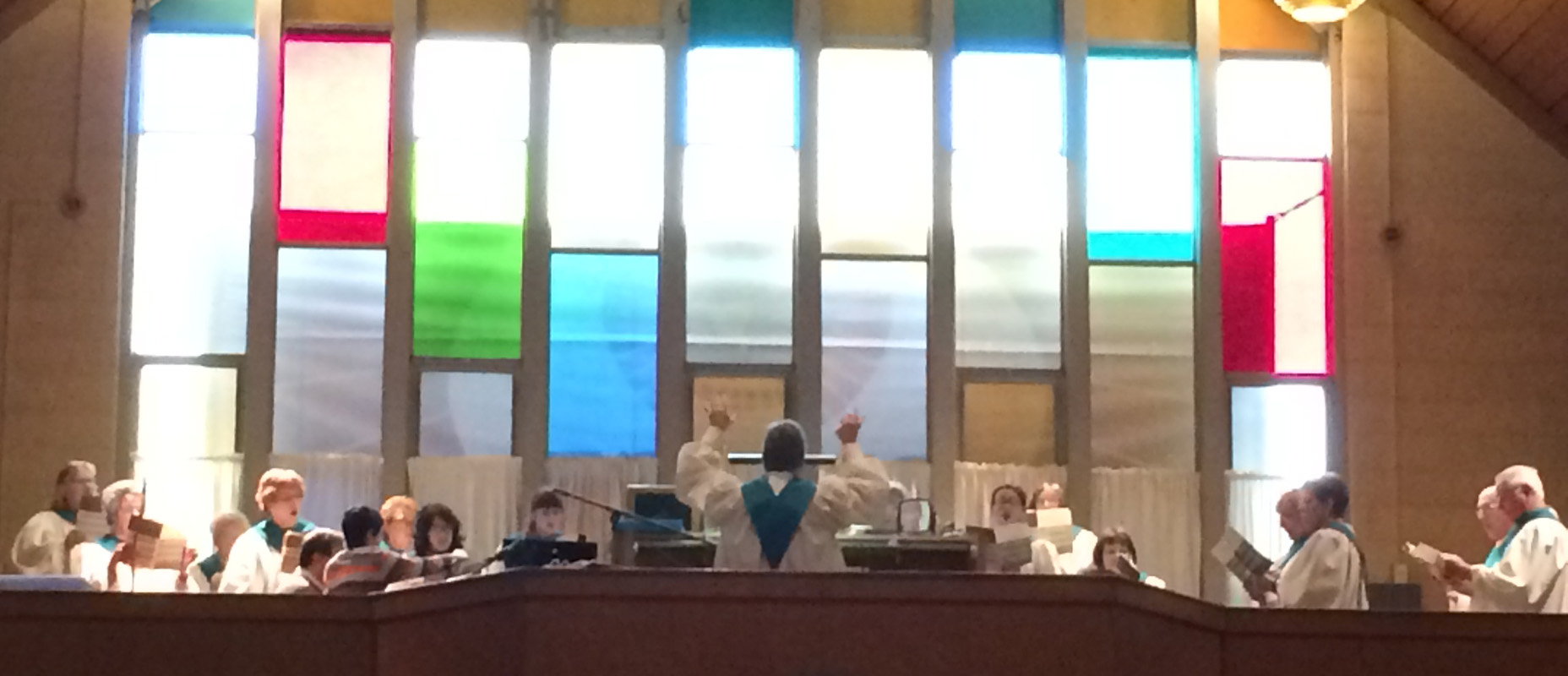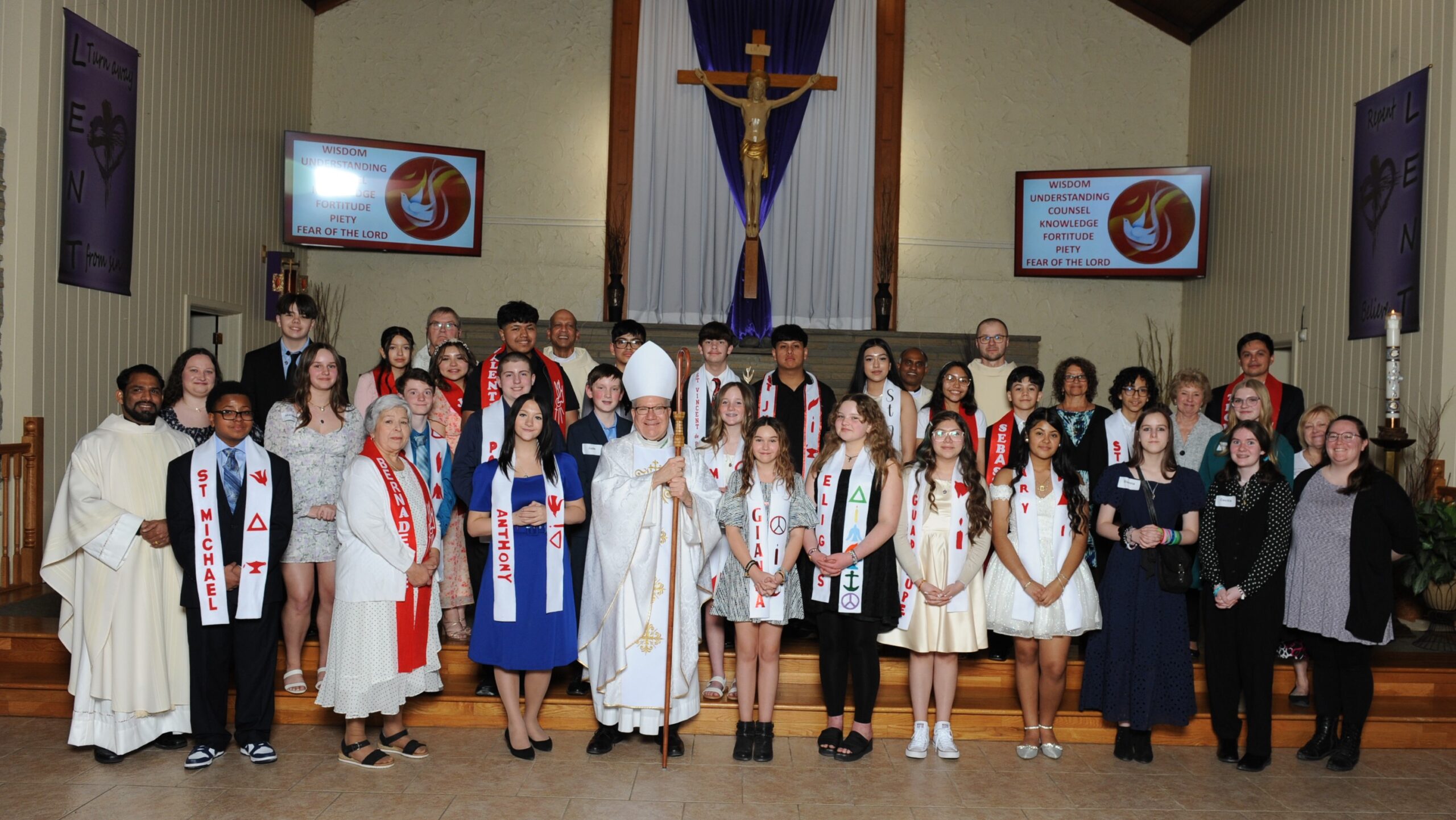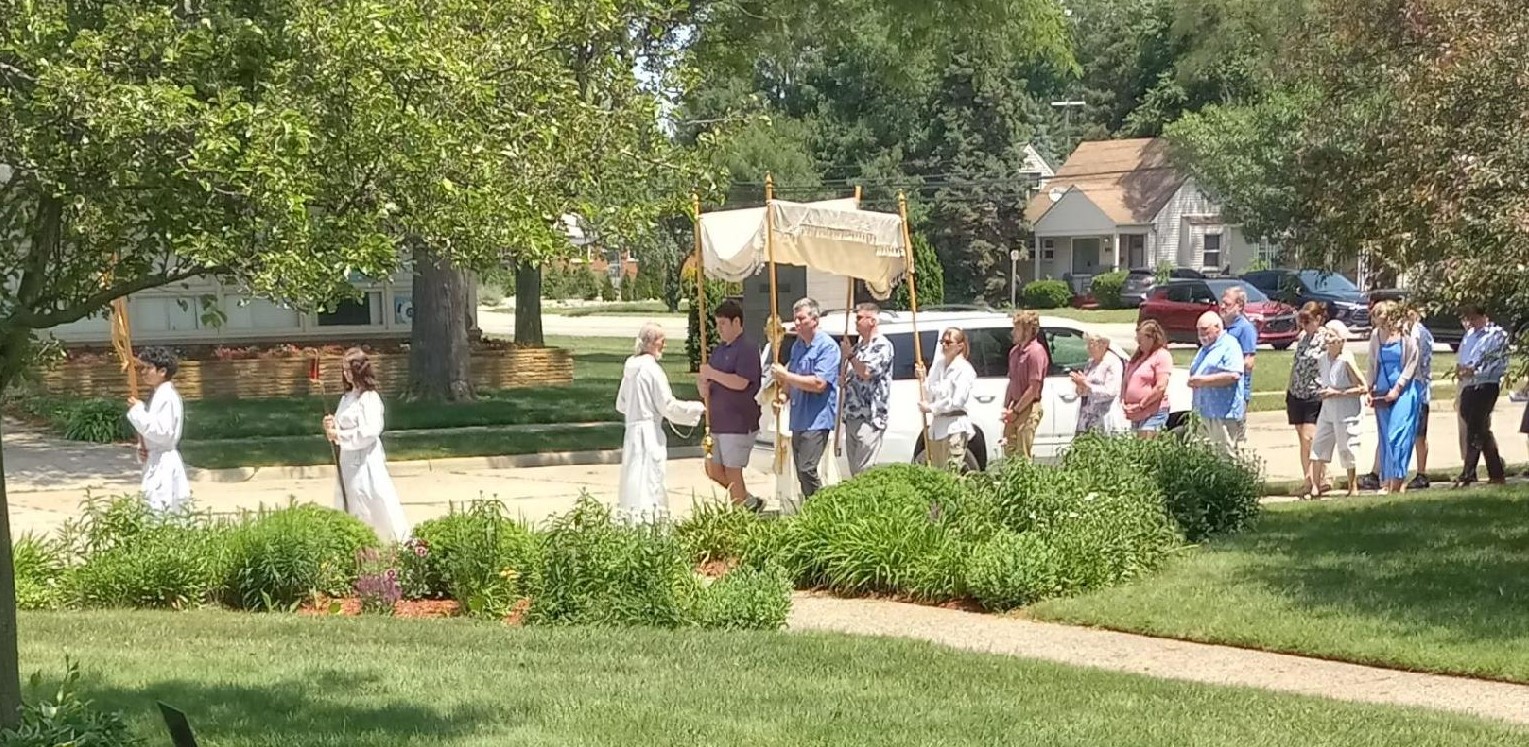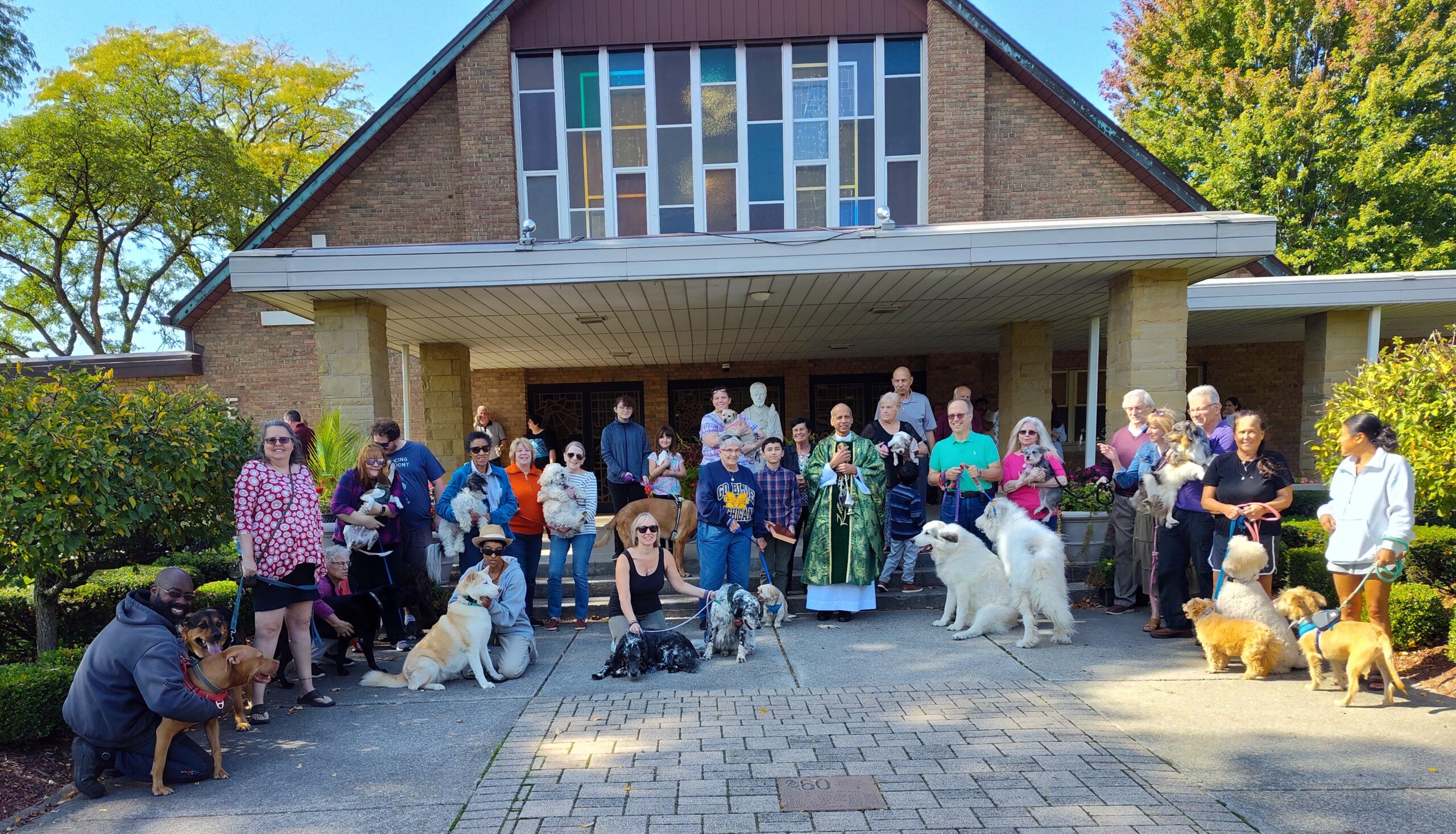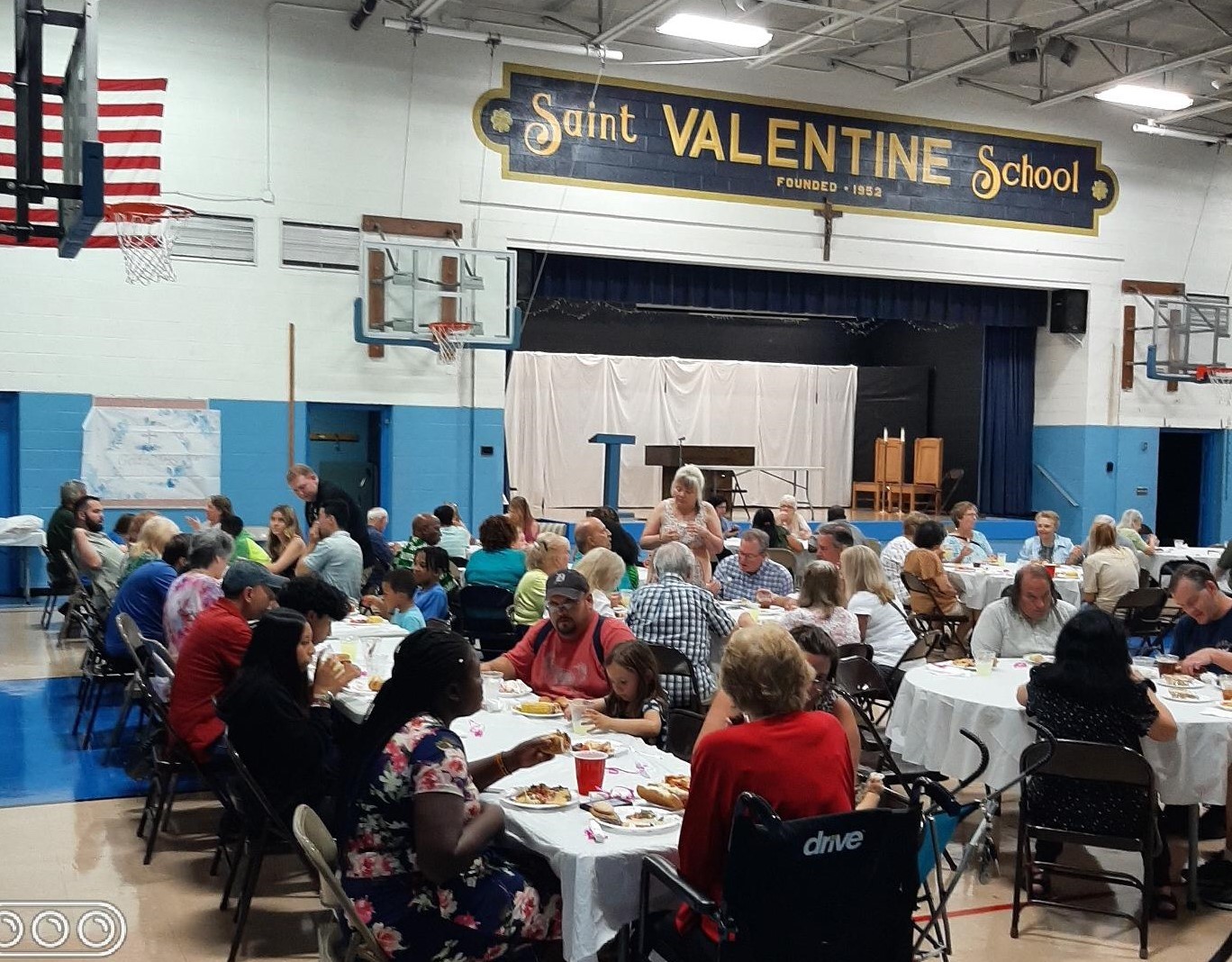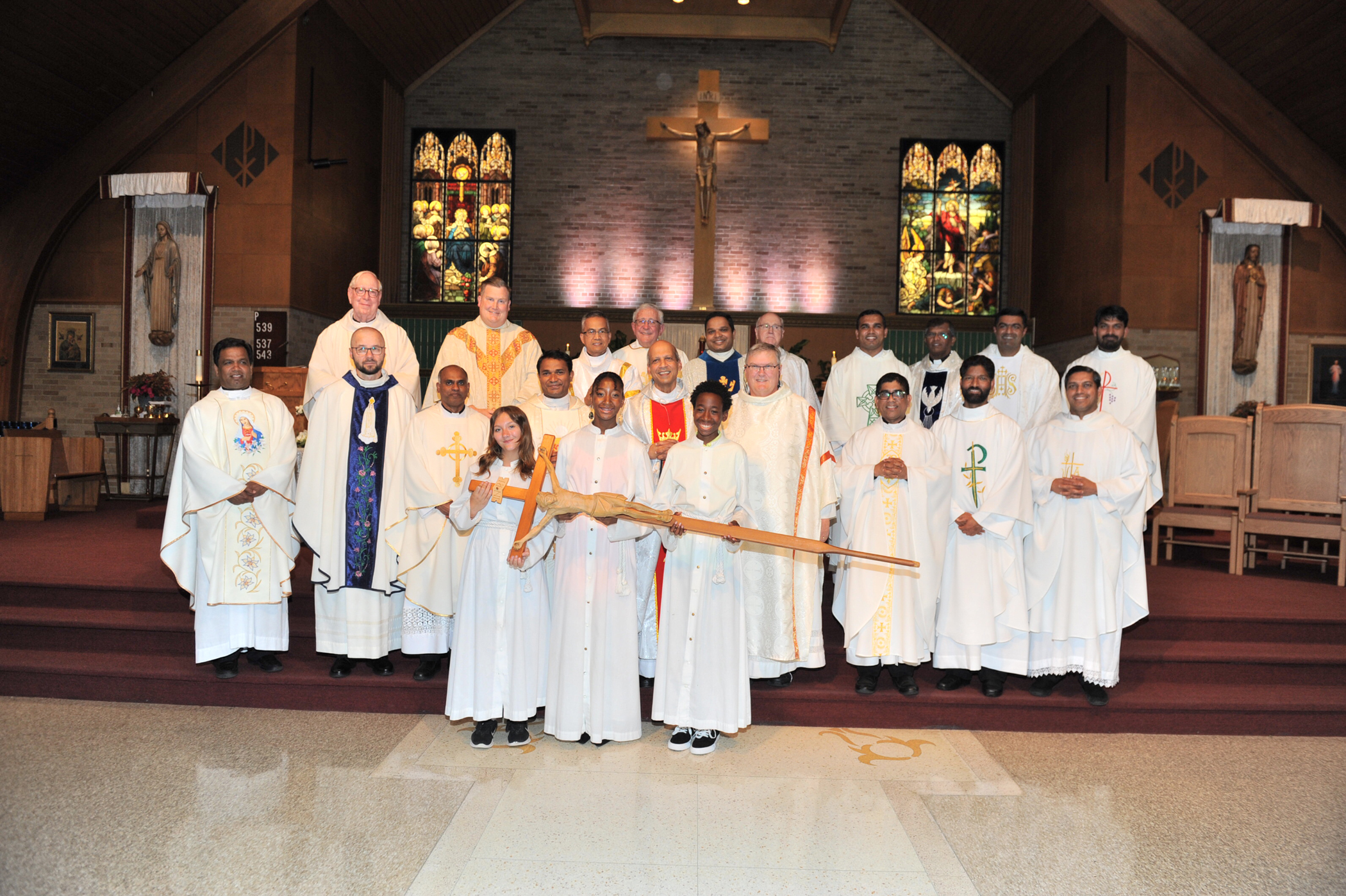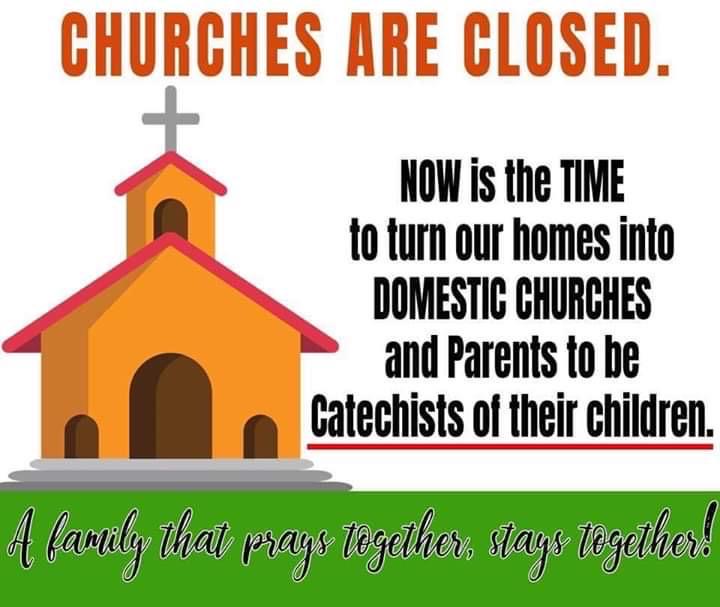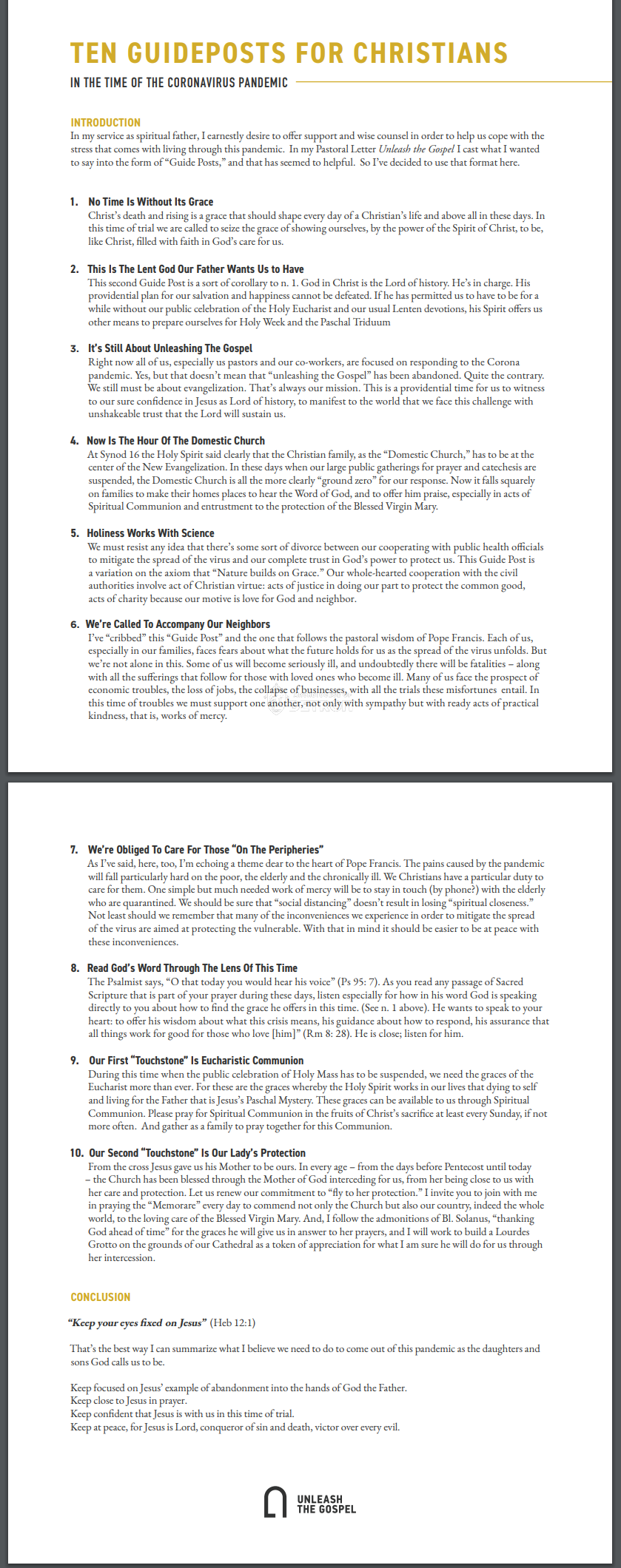Dear Brothers and Sisters in Christ,
As citizens of Michigan, we join with our neighbors in observing measures to address the spread of COVID-19. As we continue to practice social distancing to limit the virus’ spread, our response as the Body of Christ must always begin in faith. We believe Jesus is still Lord. We believe that God can bring good from this time. We believe that we are not abandoned but remain – however mysteriously – in the loving hands of the Father.
It is with great sadness that I have to announce to you that Holy Week celebrations will not be offered publicly this year in the Archdiocese of Detroit…
While it is not possible for us to gather in our parishes during Holy Week and on Easter, it is possible for us to be connected in other ways. I ask you to remain attentive to aod.org and spiritualclosness.org for ways to be connected with each other during these days. I would also ask you to please continue your financial support to your parish. They rely entirely on your contributions and your generosity. I am very grateful for your support, especially during this time.
In addition, I ask all the faithful in the Archdiocese of Detroit to join me, the Holy Father and faithful around the world in these two times of prayer this week:
1. Wednesday, March 25 – the Solemnity of the Annunciation of the Lord – to pause at 12 noon to pray the Our Father.
2. Friday, March 27 to pray at 1:00 p.m. (in union with the Holy Father in Rome) and, as you are able, to receive the Plenary Indulgence that will accompany the Eucharistic Benediction from the Holy Father on this occasion.
I know this is an unprecedented time in the life of our local Church. But unprecedented challenges bring unprecedented graces. If we unite ourselves to the Lord we will emerge from these days of trial and uncertainty more ready to proclaim the Good News of Jesus Christ.
Please know of my prayers for you and our whole State of Michigan during these days. Asking the intercession of Our Lady of Lourdes, I remain
Fraternally yours in Christ,
The Most Reverend Allen H. Vigneron
Archbishop of Detroit

